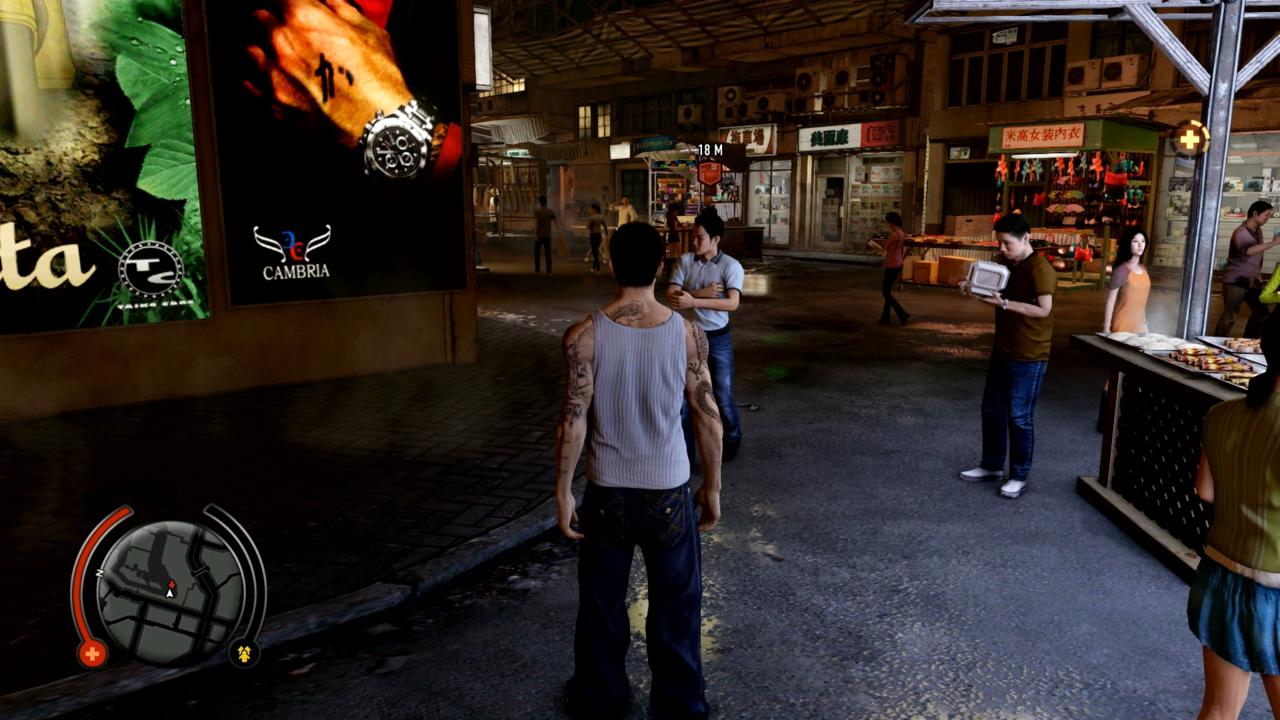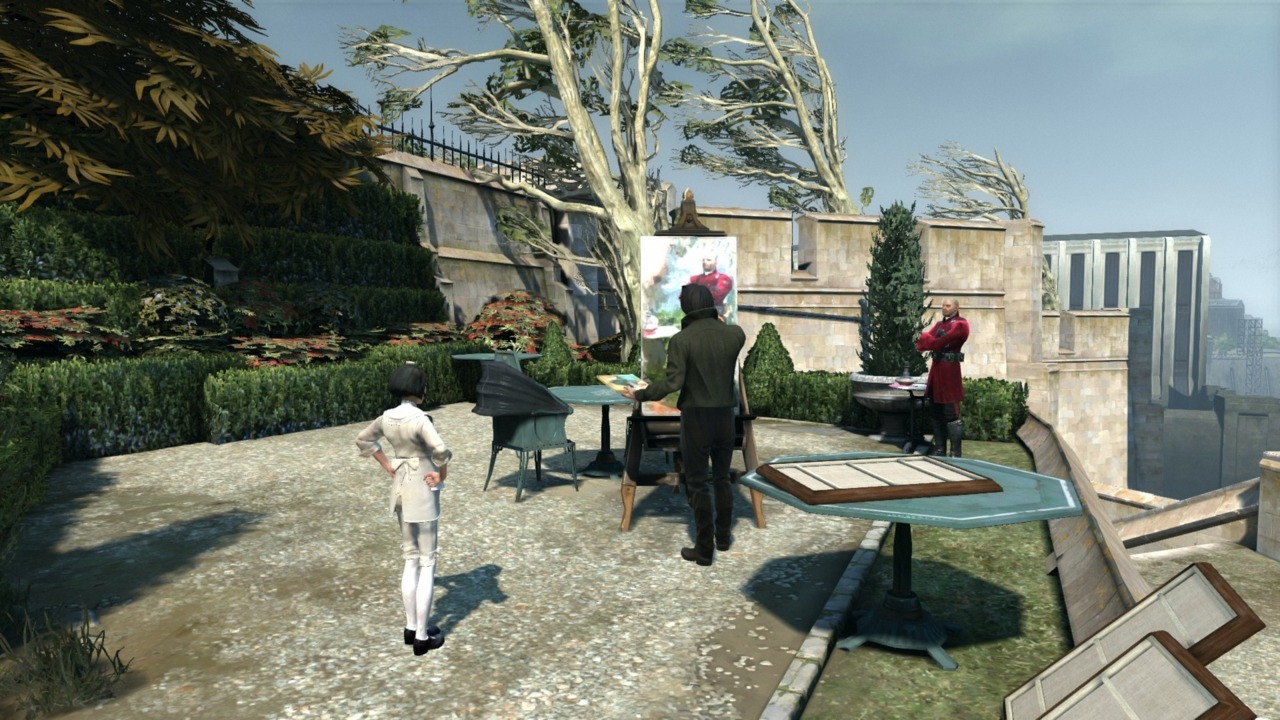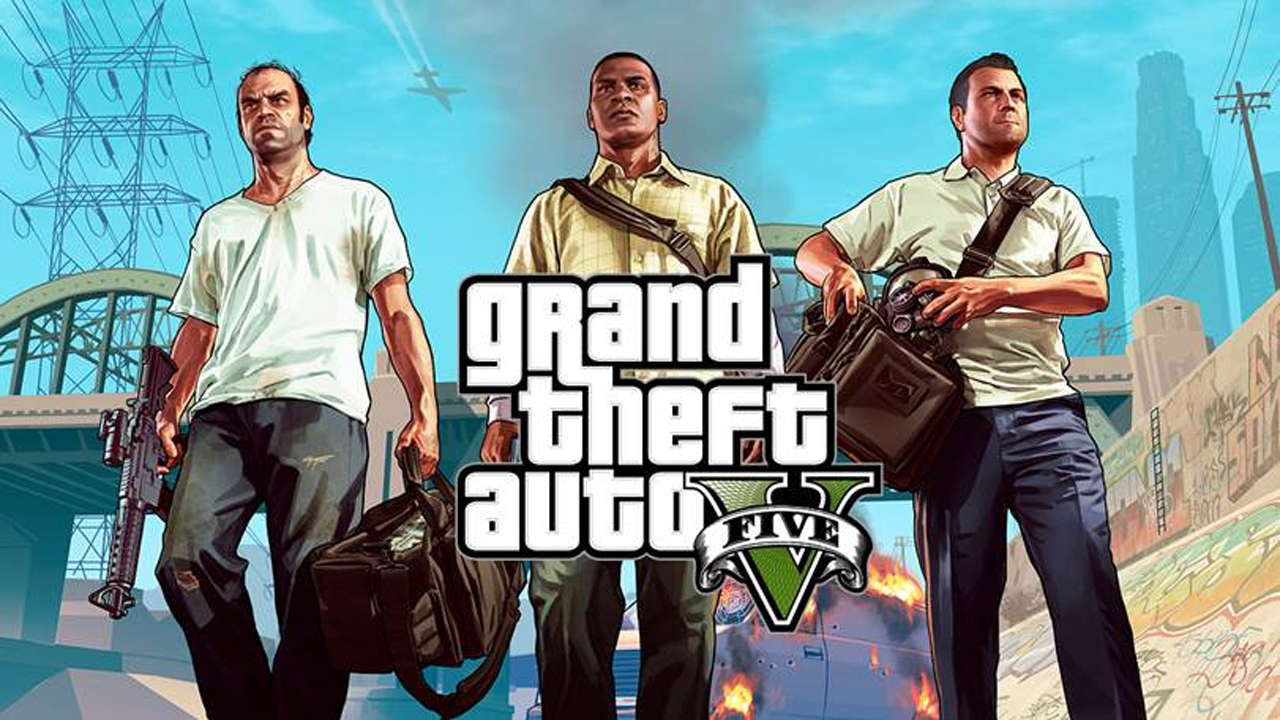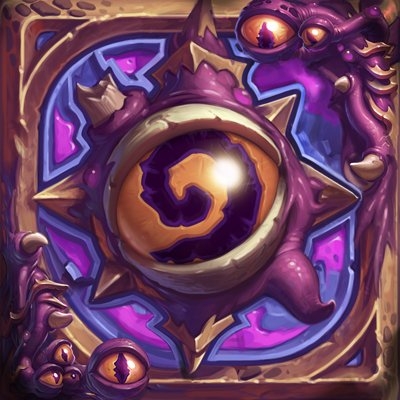
Gods And Heroes
Lure number one: the world. Gods & Heroes takes place on the Italian peninsula of antiquity, mixing historical elements (the Senate and the baths) with mythological ones (fauns, cyclopes, and the favor of the gods). This good-sized world covers a lot of ground, certainly as much as you would expect from a just-released massively multiplayer online game. And because your initial quests span two large regions, you get a good amount of environmental variety from the start. You come across centaurs early on, giving you a taste of the fantastical straight away, and while initial areas are bog-standard forest paths and beaches, later areas, such as the foggy Venatrix Glades, provide a bit more ambience. Such atmospheric locales are welcome, considering how dated Gods & Heroes looks. On the bright side, a modern PC should be able to run the game at its highest settings, and at a high resolution, and still maintain over 100 frames per second. (Except in areas where the game slows to an inexplicable crawl, such as in your personal estate.) The downside is that the game runs so well because it isn’t rendering much worth admiring. Textures are plain, geometry is simple, and the lighting is flat. And lots of details simply don’t look right, such as how rain might splash on an invisible surface above you rather than on the ground. Luckily, the soundtrack fills in where the visuals struggle. The calls of horns, exotic bassoon melodies, and string glissandos enrich your travels, as if you might stumble upon Bacchus himself, wallowing in drunken revelry.
Lure number two: your estate. The estate is your own instanced home base, where you can find an armor outfitter for your minions, personal storage, and a few other helpful features. When you first begin, your property is relatively bare, but as you complete estate-related quests, the area begins to take shape. Buildings and architectural features like statues appear as you progress, and there’s pleasure in seeing this bare valley morph into a visual expression of your great might; it’s as if your estate mirrors your own progress from zero to hero. But while the development team plans to give estates more meaning, for now they are just expansive personal spaces. You can’t invite other players or members of your tribe (that is, guild) to join you there and admire your spires. You also can’t decide where you want buildings or ornaments to go. (How great would an actual city-building mechanic have been?) It’s appealing to watch your estate grow, but at this time, this feature has an enormous amount of untapped potential.
Lure number three: minions. These AI-controlled entities come in three flavors: spellcasters, defenders, and skirmishers. Before level 11 (out of a maximum of 30), you have only one such buddy at your side, though you gain an additional slot at specific levels, eventually taking up to four of them along on your travels. Minions are Gods & Heroes’ finest asset, making you feel as if you have a full adventuring party with you even if you aren’t grouped with others. This is just as well, as it turns out. The game’s population is so small, you could explore for hours without encountering another player, and even the global chat channel goes for long stretches without anyone actually chatting. Gods & Heroes’ players are the friendly sort, but it takes some extra effort to explore the game’s instanced dungeons, given the community’s size.













